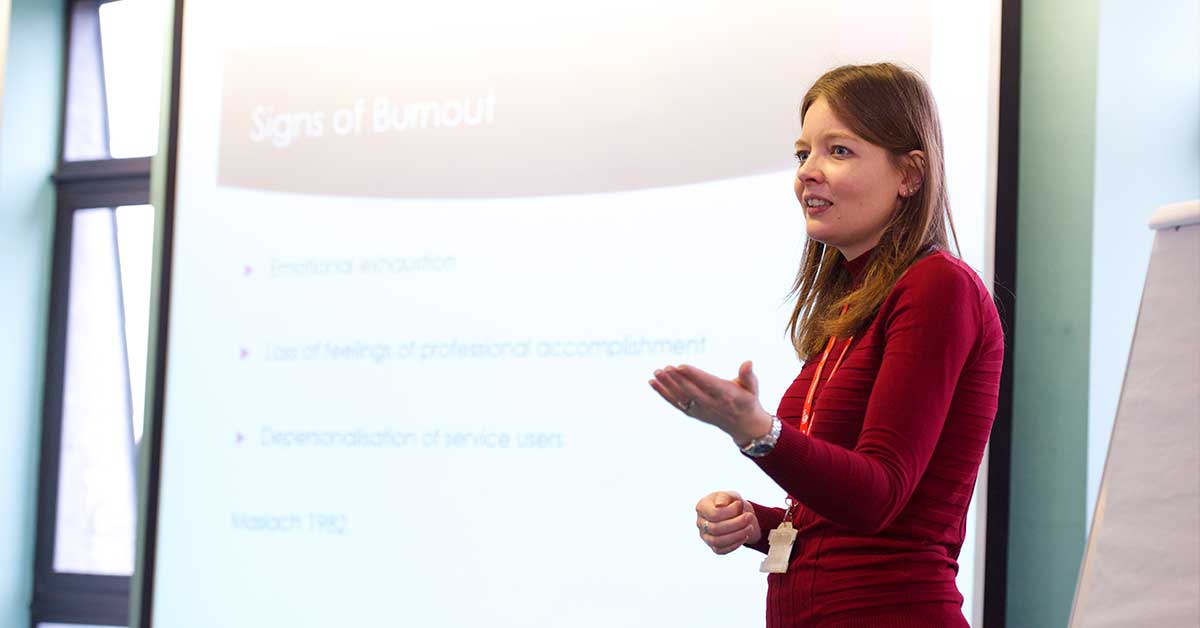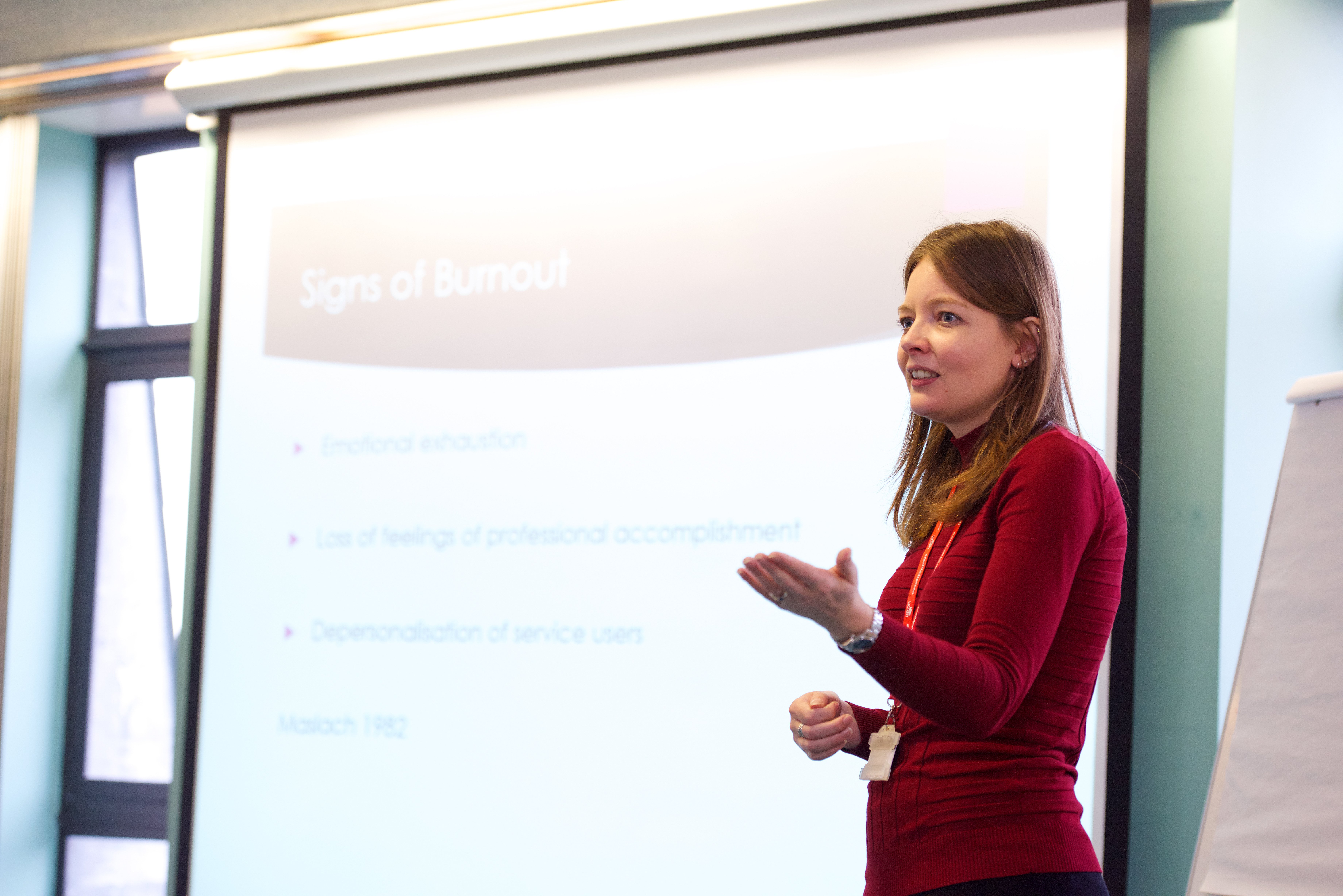
Why apply early for your master's?
If you’ve decided to take on the rewarding challenge of studying for a postgraduate qualification, it’s only natural to want your application to be the best it can be.
Applying for one of our online, part-time master’s courses is a straightforward process, but we recommend starting on your application as early as possible. Our round-up below highlights key benefits of applying sooner rather than later.
More time to prepare your documents
As part of your application, you will need to submit several supporting documents. Starting early gives you plenty of time to track down anything that may be missing – such as your degree certificate, for example – so that you can request a replacement if needed.
While the documents requested may differ from course to course, we typically ask for:
-
An up-to-date CV detailing relevant academic and professional experience.
-
Colour scans of degree transcripts and certificates as evidence of each relevant academic qualification mentioned in your application. Please note that if any of these documents aren’t in English, you’ll also need to provide certified translations.
-
Two references who can further verify your professional or academic qualifications. Please make sure to have at least one academic reference out of the two you submit.
-
A copy of your English language test certificate if English isn’t your first language. We accept a wide range of tests; speak with a course adviser or visit your course page to determine the score you’ll need.
-
A personal statement that explains why you wish to enrol in your course and how it aligns with any professional and personal goals.
More time to meet your offer conditions
After you apply, you may receive a conditional offer, which means that you’ll be able to join the course subject to meeting specific conditions of the offer. For example, you may need to demonstrate that you can attain a specific test score for your English language test.
By applying early, you give yourself more time to meet these conditions and secure your place on the course. Using the example of the English language test, you’ll have a wider range of dates to choose from to schedule your test, and even have time to retake it if needed.
Applying early gives you greater flexibility to work these requirements around any of your existing commitments, avoiding any last-minute panic and stress.
Sort out funding and scholarships
Once your application is successful, the next big step is planning out your finances. Applying and being accepted early gives you plenty of time to organise tuition loans, speaker with your employer if you’re being sponsored, or cash in any investments if you plan on self-funding.
It can also put you in a stronger position to secure any of the bursaries or scholarships available from the University. Make sure to visit our Fees and funding page to read more about the different financing options we currently provide.
Extra preparation for your start date
The earlier you are accepted onto your course, the more time you will have to prepare for a smooth transition into this important life change. You may want to, for example, devise a study schedule to ensure you spend enough time on your studies each week.
Alternatively, you may wish to identify the place you’ll be most comfortable studying. Through this, being well prepared for your application can help you approach the start of your studies with peace of mind and confidence.
If you’re ready to apply for your course of choice, take a look at our application process page:
More resources
See all resources
Key skills to succeed in social policy
Gain insight into the key skills you need to succeed in a social policy career, and discover how an...
Read the story
Social policy and economic policy: What’s the difference?
Discover the differences between the two key policies, as well as real-world examples of the impact...
Read the story
How do different countries address social reform?
Discover how different countries tackle social reform in this insightful blog post. Explore case...
Read the story